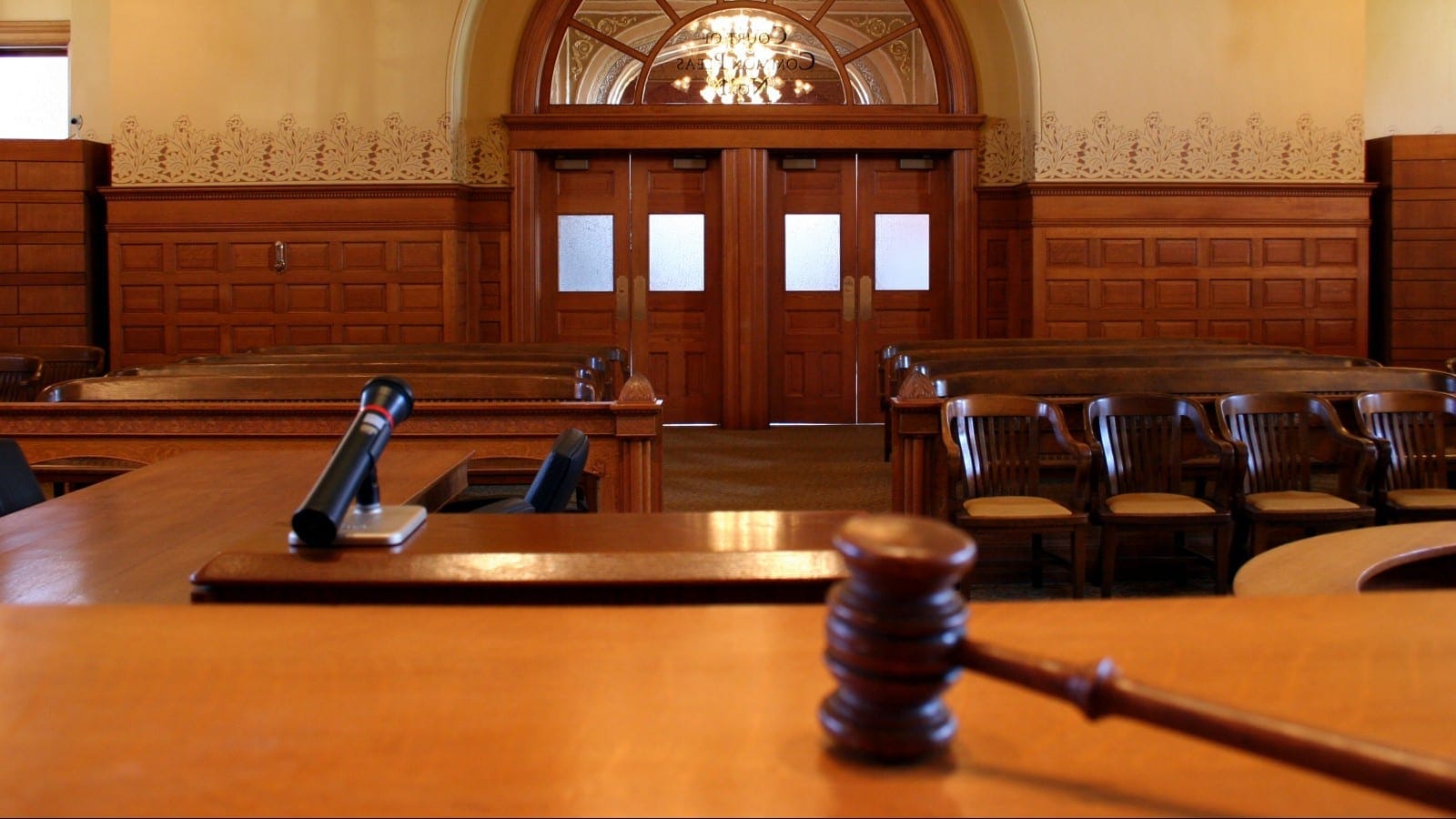
The Short Answer…
Not all injury lawsuits go to trial, but when they do, it’s usually because a fair settlement couldn’t be reached. If your personal injury case is going to trial, it’s likely because the insurance company is disputing liability, challenging the severity of your injuries, or refusing to offer reasonable compensation. When a fair settlement can’t be reached through negotiations, taking your case to trial may be the most effective way to secure the full compensation you may be entitled to.
If you’re wondering why your Texas personal injury case is going to trial, we break down the most common reasons your case may head to court and what that process might look like.
Key Takeaways
- Most injury lawsuits settle out of court, but trials happen when no agreement is reached.
- Common reasons for going to trial include disputes over liability, disagreements about damages, or complex legal issues.
- Trials involve presenting evidence to a judge or jury, who decide fault and compensation.
- Going to trial can lead to higher compensation, but it also comes with higher risk, cost, and emotional stress.
- Settlements are quicker and more predictable, offering guaranteed compensation and privacy.
- Talk to an attorney to determine whether a trial or settlement is in your best interest.
How a Personal Injury Case Goes to Trial
After the personal injury claim has been filed and a demand letter has been sent to the defendant or their insurance company, settlement negotiation between the 2 parties begins. This involves back-and-forth discussions between the plaintiff’s and the defendant’s representatives, aiming to reach an agreement on a compensation amount.
Why a claim moves toward trial…
If negotiations are unsuccessful, the case will progress toward trial due to several potential reasons:
- Disagreement on Liability: The defendant may not accept liability, or both parties might disagree on the degree of fault, leading to an impasse in negotiations.
- Dispute Over Damages: There could be a significant gap between what the plaintiff demands and what the defendant is willing to offer, especially regarding non-economic damages like pain and suffering, which are not easily calculated.
- Legal or Factual Complexities: Some cases involve complex legal or factual issues that require a judge or jury to resolve, making settlement more difficult.
- Strategic Decisions: Either party may believe that going to trial will result in a more favorable outcome, based on the evidence or the potential impact of a jury’s sympathy for the plaintiff.
Taking a Personal Injury Case to Trial
If mediation and negotiation do not result in a settlement, the case moves to trial. During the trial, both sides present their evidence and arguments to a judge or jury, who then make a decision on the liability and damages. Trials can be unpredictable and may take days to weeks, depending on the complexity of the case.
Going to trial in a personal injury case is a significant undertaking that requires careful preparation, a deep understanding of legal processes, and strategic negotiation. With representation from a Braker White attorney, you can navigate these steps confidently, ensuring that your rights are protected and you are positioned to receive the compensation you may be entitled to.
Personal Injury Settlement vs. Trial: Pros & Cons
The 2 ways to resolve a personal injury lawsuit are through settlement or trial. Each route offers unique advantages and disadvantages, and the choice between them depends on various factors, such as the specifics of the case, the parties involved, and their willingness to negotiate. It’s worth noting that the vast majority of cases reach a settlement outside of court, but it’s always important to be prepared to go to trial, if needed.
Personal Injury Trial
Pros:
- Potential for Higher Compensation: Going to trial can result in higher compensation if the jury sides with the plaintiff, especially for non-economic damages like pain and suffering, which might be valued more generously by a jury.
- Public Record: Trials are public, which can benefit the plaintiff if bringing public awareness to the negligence is a goal.
Cons:
- Time-Consuming: Trials can take a long time to conclude, often years, delaying compensation.
- Costly: The cost of a trial, including attorney fees, court costs, and expert witness fees, can be significantly higher than settling out of court.
- Uncertain Outcome: A trial’s outcome is unpredictable, and there’s always a risk of receiving less compensation than what might have been offered in a settlement—or none at all. Many consider going to trial to be an all-or-nothing option.
- Emotional Stress: The trial process can be stressful and emotionally taxing for the plaintiff, requiring public testimony and cross-examination.
Personal Injury Settlement
Pros:
- Quicker Resolution: Settlements can be reached relatively quickly compared to a trial, providing the injured party with faster access to funds for medical bills and other expenses.
- Less Costly: Settling out of court typically involves lower legal costs and fees than going to trial.
- Guaranteed Outcome: A settlement guarantees compensation, whereas a trial offers no such assurance.
- Privacy: Settlements are private agreements, which can protect the plaintiff’s privacy and avoid the public scrutiny of a trial.
Cons:
- Potentially Lower Compensation: Settlement amounts may be lower than what could potentially be awarded by a jury at trial.
**It is important to note that trial is a higher risk, higher reward option–while you may end up with higher compensation, you may also end up with no compensation.
Ask Your Attorney About Taking Your Case to Trial
If you’re struggling to decide if your injury lawsuit needs to go to trial, your best solution is to get advice from an experienced attorney like Robert White or Greta Braker. Every client of Braker White gets dedicated representation from our attorneys, increasing the chances that you’ll receive your compensation, whether your case goes to court or not. Contact us today for a free, no-obligation case review.











